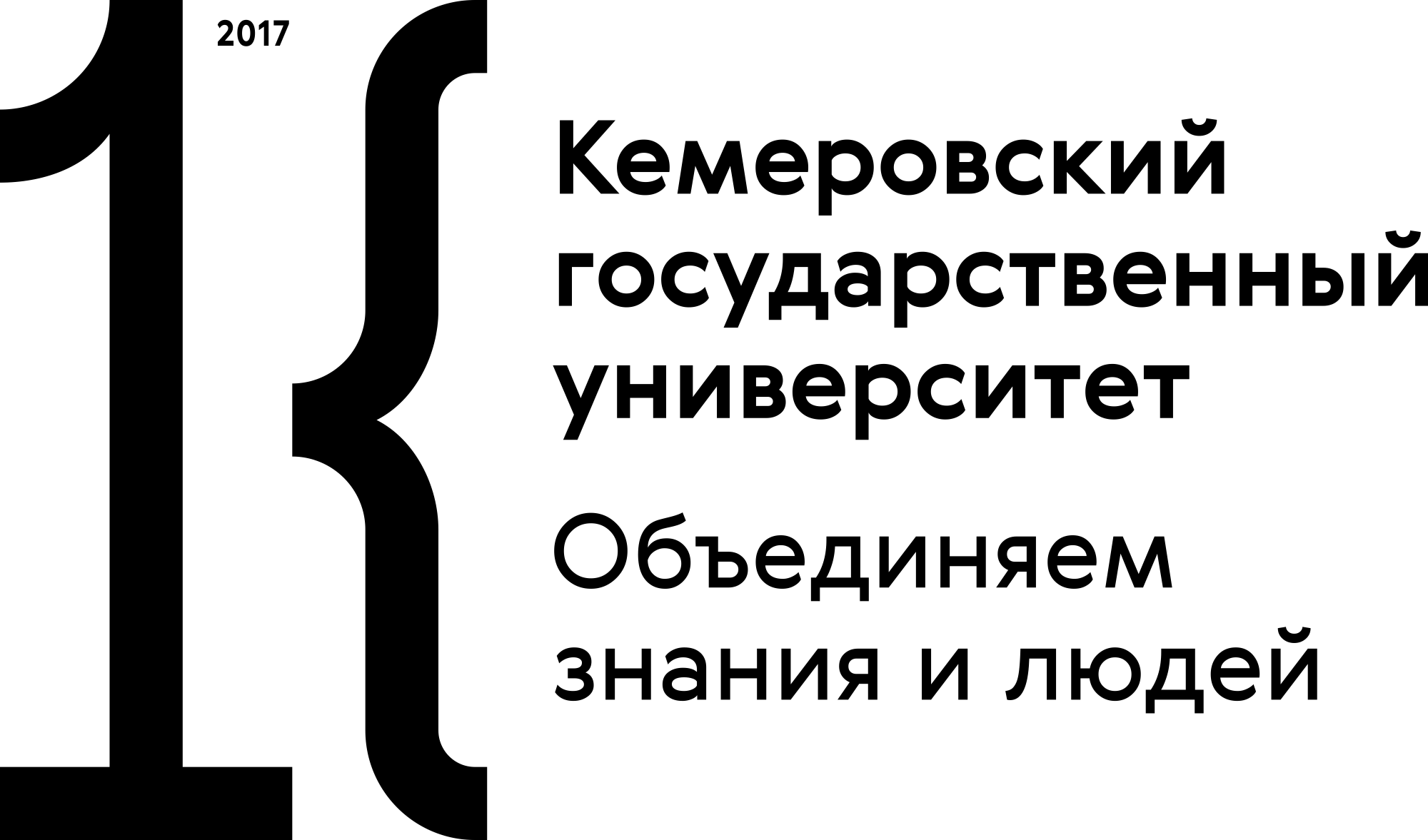Chita, Russian Federation
Chita, Russian Federation
Chita, Russian Federation
Chita, Russian Federation
UDC 316
Contemporary university education develops professional identity and builds customized academic trajectories. Career guidance technologies provide professional self-awareness and personality professionalization. At university, career guidance work is an integral part of continuous professional development of a future specialist. It covers pre-university education, higher professional education, and employment assistance. The present research featured the career guidance work conducted at the Transbaikal State University. The analysis showed that the current system lacks innovations, cannot solve the employment problem, and does not provide conditions for successful professional identity. The article introduces a set of project conditions of customized career guidance work with 1) applicants, in order to promote a conscious career choice; 2) students, to support their professional competencies and identity; 3) graduates, to facilitate their employment. The proposed comprehensive approach to career guidance will allow the university to improve the academic process and to work with the community from secondary school to the onset of professional activity.
professional orientation, higher school, graduate, mentoring, professional development, employment, employment promotion
1. Selivanova S. S. Formation of students' professional identity at the university: sociological analysis. Teoriia i praktika obshchestvennogo razvitiia, 2020, (12): 25-28 (In Russ.) https://doi.org/10.24158/tipor.2020.12.3
2. Berger P. L. Invitation to sociology: a humanistic perspective, tr. Batygin G. S. Moscow: Aspekt Press, 1966, 168. (In Russ.)
3. Fromm E. S. Escape from freedom. Man for himself. Moscow: AST; AST Moskva, 2006, 571. (In Russ.)
4. Erikson E. H. Identity: youth and crisis, ed. Tolstykh A. V. Moscow: Progress, 1996, 344. (In Russ.)
5. Ermolaeva E. P. The principle of preventive assessment of professional identity of experts during their training and retraining. Vestnik Nizhegorodskogo universiteta im. N. I. Lobachevskogo, 2010, (1): 33-36. (In Russ.)
6. Shneider L. B. Personal, gender and professional identity: theories and methods of diagnosis. Moscow: MPSI, 2007, 128. (In Russ.)
7. Zavalishina D. N. Models of professional development of a person. Psychological foundations of professional activity, comp. and ed. Bodrov V. A. Moscow: Per Se, 2007, 508-516. (In Russ.)
8. Isaev D. P., Klimenko L. V., Nor-Arevyan O. A., Posukhova O. Yu., Trapsh N. A., Frolova A. S. Professional identity in Russian society (issues of history, theory, and practice). Rostov-on-Don: IuFU, 2017, 178. (In Russ.)
9. Rusanova A. A. Socialization and professional self-determination of personality: theoretical approaches to the study. V mire nauchnykh otkrytii, 2011, (11): 117-132. (In Russ.)
10. Rusanova A. A. Students' professional self-identification in the structure of social self-determination (sociological analysis). Bulletin of the Adyghe State University. Ser.: Regional studies: Philosophy, History, Sociology, Jurisprudence, Political science and Cultural studies, 2011, (4): 163-172. (In Russ.)
11. Kozyreva P. M., Smirnov A. I. Professional self-identification specifics and trends in post-Soviet Russia. Sotsiologicheskiy Zhurnal, 2021, 27(1): 28-51. (In Russ.) https://doi.org/10.19181/socjour.2021.27.1.7843
12. Selivanova S. S. Formation of students' professional identity as a tool for intensifying labor capital: career guidance activities. Obshchestvo: sotsiologiia, psikhologiia, pedagogika, 2020, (9): 55-58. (In Russ.) https://doi.org/10.24158/spp.2020.9.9
13. Karasyova K. A. Relationship of the personnel and social policies of the organization in modern market conditions. Vestnik Kemerovskogo gosudarstvennogo universiteta. Seriia: Politicheskie, sotsiologicheskie i ekonomicheskie nauki, 2019, 4(1): 7-13. (In Russ.) https://doi.org/10.21603/2500-3372-2019-4-1-7-13
14. Shapieva A. V., Nolev E. V., Ochirov O. S. Involvement of schoolchildren of Buryatia and the Transbaikal Territory in scientific activities. SHS Web of Conferences: Proc. Intern. Sci. Conf. "Eurasian Educational Space: Traditions, Reality and Perspectives", Glazov, 12 May 2021. Les Ulis: EDP Sciences, 2021, vol. 121. https://doi.org/10.1051/shsconf/202112103002
15. Pažur Aničić K., Divjak B. Maturity model for supporting graduates' early careers within higher education institutions. SAGE Open, 2020, 10(1). https://doi.org/10.1177/2158244019898733
16. Khakimova N. G., Khusnutdinova R. R., Galiev R. M., Galiev L. M., Chirkova S. V., Garnysheva T. V. Professional identity and methods of its study. SHS Web of Conference: Proc. Intern. Conf. TEDUVIS 2020, Online, 4 Dec 2020. Les Ulis: EDP Sciences, 2020, vol. 97. https://doi.org/10.1051/shsconf/20219701044
17. Balabanova E. S., Efendiev A. G. ogly, Gogoleva A. S. Russian working youth: strategies to achieve wellbeing. Vestnik of Saint Petersburg University. Sociology, 2021, 14(1): 33-52. (In Russ.) https://doi.org/10.21638/spbu12.2021.103
18. Wei G. Imagined professional identity: a narrative inquiry into a Chinese teacher's perezhivaniya in life. Teaching and Teacher Education, 2021, 102(4). https://doi.org/10.1016/j.tate.2021.103337
19. Avralev N. V., Bespalova T. N., Strongin R. G., Chuprunov E. V. Education through life: career guidance before university and at university. The experience of N. I. Lobachevsky National Research University, ed. Strongin R. G. Nizhniy Novgorod: NNGU im. N. I. Lobachevskogo, 2019, 180. (In Russ.)
20. Nugumanova L. N., Yakovenko T. V. The handbook "Mentoring: an effective form of learning", 2nd ed. Kazan: IRO RT, 2020, 51. (In Russ.)
21. Sinichenko V. V. Mentoring as an element of educational technologies. Training of personnel for law enforcement agencies: modern trends and educational technologies: Proc. 23rd All-Russian Sci.-Method. Conf., Irkutsk, 1-2 May 2018. Irkutsk: VSI MVD Rossii, 2018, 252-254. (In Russ.)
22. Iarikov I. M. Implementation of a comprehensive mentoring system in the Central Directorate of Traffic Management. Zheleznodorozhnyi transport, 2018, (3): 56-58. (In Russ.)
23. Pozdeeva S. I. Supervision as an activity support of a young specialist: models and types of supervision. Nauchno-pedagogicheskoye obozreniye, 2017, (2): 87-91. (In Russ.) https://doi.org/10.23951/2307-6127-2017-2-87-91
24. Kuzmina N. A. Organization of mentoring in the conditions of network interaction of the university and the base enterprise. Scientific and pedagogical review, 2018, (3): 28-31. (In Russ.)
25. Gadzhiev M. G. Advanced training courses of Research Institute of Radiation Hygiene: an important factor in improving the quality of specialists work. Topical issues of radiation hygiene: Proc. Intern. Sci.-Prac. Conf., St. Petersburg, 23-24 Oct 2018. St. Petersburg: NIIRG im. P. V. Ramzaeva, 2018, 87-90. (In Russ.)

















